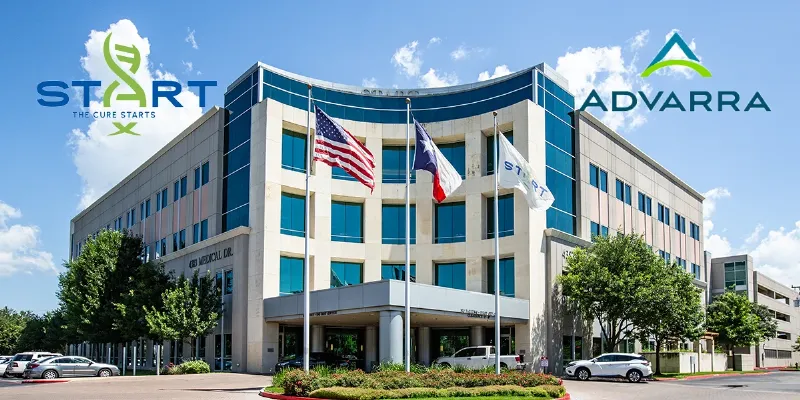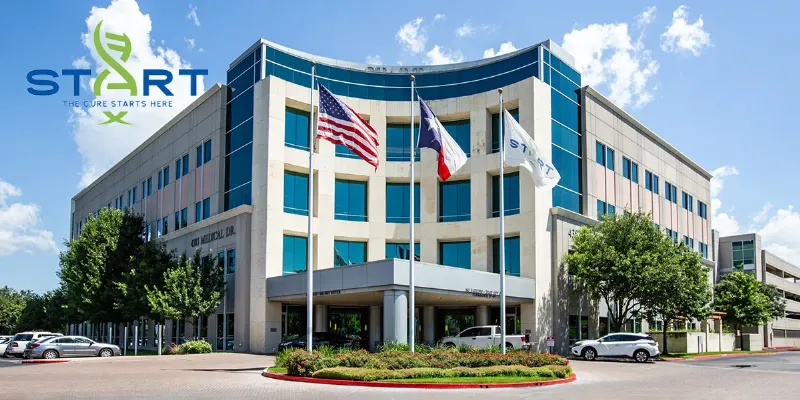AI Medical Imaging Products Estimated to Increase Over Five-fold by 2035

18 October 2023
A new study predicts a five-fold increase in FDA-approved AI medical imaging products by 2035. This surge, linked to growing AI venture capital funding, hints at a transformative impact on diagnostic radiology, aiding radiologists amid rising workloads, and potentially enhancing healthcare delivery and patient outcomes.
A collaborative research initiative between the Harvey L. Neiman Health Policy Institute and the American College of Radiology's Data Science Institute unveils an anticipated five-fold increase in U.S. Food and Drug Administration (FDA) approved AI medical imaging products by 2035, potentially transforming diagnostic radiology practices.
The study, grounded in historical data, finds a strong correlation between the growth of AI venture capital funding and the surge of new AI products. The focus on medical imaging is notable as it encompasses a significant 85% of digital health's venture capital funding, indicating a substantial area of growth and development within the healthcare sector. The data, extracted from Rock Health's annual reports, discloses a dramatic growth in annual AI funding, catapulting from $2 billion in 2013 to an astounding $13 billion in 2022.
The researchers employed a six-year lag model between the funding stage and FDA clearance to forecast the influx of new AI products. According to this model, based on the $13 billion funding in 2022, the medical community is poised to witness the introduction of 147 new AI products by 2028. Although the study authors didn't specify the number of these products related to imaging, a majority is expected given the funding emphasis on medical imaging.
Looking further ahead, the study projects a funding milestone of $30.8 billion in 2029, which is foreseen to trigger the introduction of 350 new AI products by 2035. This projection, underpinned by a continued linear funding trajectory, signifies a remarkable five-fold increase from the 69 FDA-approved AI products recorded in 2022.
“Given the relationship between funding and new AI products, we project there will be 350 new AI products in 2035 corresponding to the 2029 funding level given the lag between funding and approved products. This is a five-fold increase from 69 in 2022,” said Eric Christensen, PhD, Research Director at Neiman Health PI.
Likewise, Christopher Treml of the Data Science Institute accentuates the rapid growth of artificial intelligence, which is already altering the way healthcare professionals operate. The ongoing research and consequent findings underscore the expectations of continued acceleration in AI growth over the next decade, driving new and exciting changes in the field as AI products are developed and integrated into practice.
“As radiologists’ workload continues to increase, AI will be a crucial tool to manage this growth over the next few decades,” said Keith Dreyer, DO, PhD, FACR, Chief Science Officer at Massachusetts General Hospital.
The pivotal findings of this study, published in the Journal of the American College of Radiology, not only highlight the potential transformative impact of AI on diagnostic radiology but also envisage a broader spectrum of AI integration in healthcare, setting a promising trajectory for enhanced healthcare delivery and better patient outcomes.
Abstract of the research
Projected Growth in FDA-Approved Artificial Intelligence Products Given Venture Capital Funding
Abstract / Purpose: Medical imaging accounts for 85% of digital health’s venture capital funding. As funding grows, it is expected that artificial intelligence (AI) products will increase commensurately. The study’s objective is to project the number of new AI products given the statistical association between historical funding and FDA-approved AI products. Methods The study used data from the ACR Data Science Institute and for the number of FDA-approved AI products (2008-2022) and data from Rock Health for AI funding (2013-2022). Employing a 6-year lag between funding and product approved, we used linear regression to estimate the association between new products approved in a certain year, based on the lagged funding (ie, product-year funding). Using this statistical relationship, we forecasted the number of new FDA-approved products. Results The results show that there are 11.33 (95% confidence interval: 7.03-15.64) new AI products for every $1 billion in funding assuming a 6-year lag between funding and product approval. In 2022 there were 69 new FDA-approved products associated with $4.8 billion in funding. In 2035, product-year funding is projected to reach $30.8 billion, resulting in 350 new products that year. Conclusions FDA-approved AI products are expected to grow from 69 in 2022 to 350 in 2035 given the expected funding growth in the coming years. AI is likely to change the practice of diagnostic radiology as new products are developed and integrated into practice. As more AI products are integrated, it may incentivize increased investment for future AI products.











Comments
No Comments Yet!